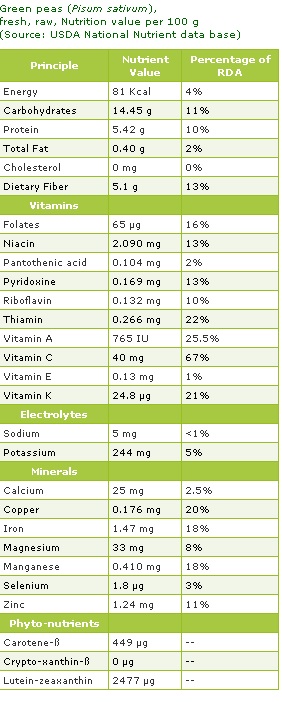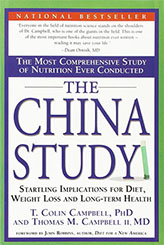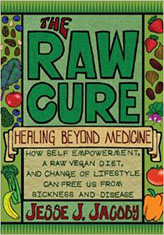
Peas that pack a punch
Green peas are thought to have originated from Central Asia and the Middle East, and their cultivation dates back many thousands of years. Although grown and widely popular around the world, Canada is currently the worlds largest producer and exporter of green peas, followed by France, Russia, India and China. Interestingly, India is the worlds largest importer of green peas, due to their popularity within the Indian cuisine.
Surprisingly, given their popularity the humble green pea has been overlooked in terms of research with regards to their health benefits, with the dried version rather than fresh being more commonly used during research. It is with this in mind that there seems very little to say. However, the green pea is a powerhouse of nutrients with huge beneficial implications to our health when consumed daily.
Green peas are a great source of plant-based omega-3 fatty acids in the form of alpha-linolenic acid (ALA), one of the much needed healthy fats, with anti-inflammatory benefits required for long term risk reduction of many common chronic diseases.
Green peas have a excellent anti-inflammatory and antioxidant properties, some of which are exclusive to the pea. As we know, chronic inflammation within the body can lead to a multitude of inflammatory diseases including arthritis, heart disease and type 2 diabetes. So it comes as no surprise that a daily intake of green peas (about half a cup of cooked peas) will help to reduce your risk of developing these chronic diseases.
Another area of interest has been in the field of cancer, more specifically stomach cancer. Green peas have recently been found to contain a phytonutrient called coumestrol and this has been in the spotlight for its ability to lower the risk of stomach cancer. There is also some suggestion from studies that coumestrol can help to reduce the risk of prostate and breast cancer.
Peas are excellent at regulating our blood sugar levels. The fiber and protein content regulate the pace at which digestion of food takes place, this regulation helps to maintain our blood sugar levels. Green peas along with other pulses can lower not only our fasting blood sugar levels, but also our fasting insulin levels.
I'm sure in the future there will be more health benefits found from the little green garden pea. Until then we will take a closer look at the benefits gained from the nutrients within the pea which may give you some idea of where future studies will be aimed.
The nutrients found in Green peas

A closer look at some of the nutrients and their benefits
Vitamin C
- Supports the immune system
- Increases iron absorption
- Protects cells from oxidating damage
- Helps reduce the risk of heart disease, including coronary heart disease and stroke
- Helps in the formation of collagen, carnitine and catecholemines
- Helps prevent and fight cancer
Vitamin A
- Maintains normal skin function
- Maintains healthy vision
- Promotes a healthy functioning immune system
- Maintains a healthy neurological function
- Reduces inflammation, through fighting free radical damage
Thiamin - Vitamin B1
- Helps to metabolise carbohydrates, proteins and fats
- Helps to turn carbohydrates into energy
- Helps maintain a healthy digestion
- Supports the normal function of the nervous system
- Supports the proper functioning of muscles
- Promotes normal brain functioning
- Antioxidant
- Slows down the progression of Alzheimer's
Vitamin K
- Promotes normal healthy clotting
- Prevents heart disease and arterial calcification
- Improves vascular health, leading to fewer varicose veins
- Maintains healthy bones
- Acts as an adjunct to vitamin D
- Helps to reduce the risk of developing prostate cancer, lung cancer, liver cancer and leukaemia.
Copper - Mineral
- Helps maintain blood volume
- Produces energy in your cells from carbohydrates
- Supports the building of strong tissue, including hair and nails
- Involved in the manufacturing of collagen
- Helps to maintain a healthy balance of cholesterol
- Assists in the prevention of premature ageing
Iron - Mineral
- Formation of blood cells
- Supports healthy muscle function
- Helps in brain development
- Helps to regulate body temperature
- Supports a healthy neurological function
- Oxygen carrier from one cell to another
Manganese - Mineral
- Supports the formation of healthy bones through absorption of calcium
- Supports collagen production
- Helps with the control of blood sugar
- Contributes to the prevention of oxygen related damage and damage from ultraviolet (UV) light
- Antioxidant, fights free radical damage. Diets low in manganese have been linked to skin problems and asthma
- Proper functioning of the thyroid gland
- Promotes metabolism of fats and carbohydrates


 Articles by subject
Articles by subject Recent Articles
Recent Articles







vBulletin Message